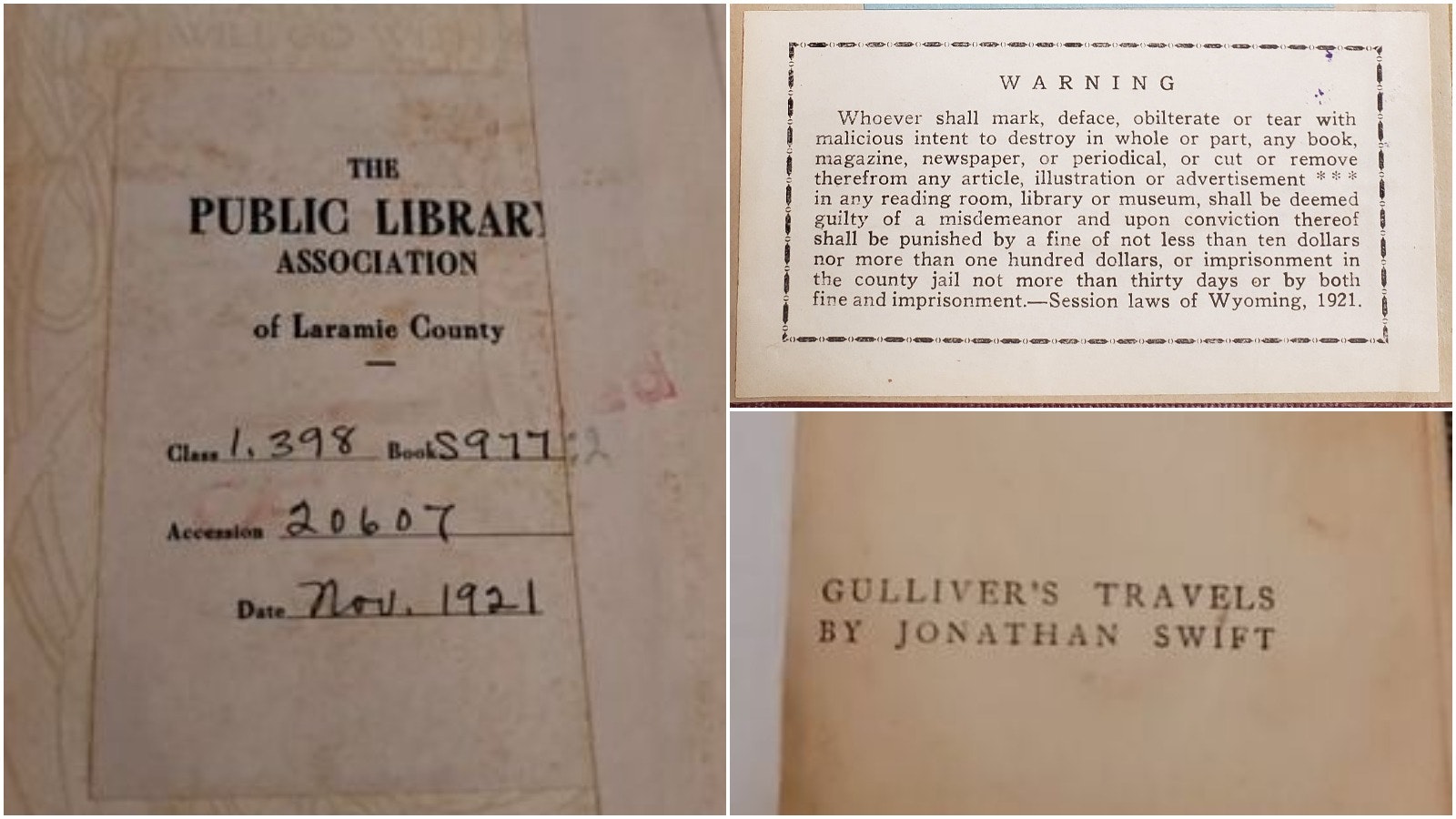Although many are incensed about YouTube deciding to ban and remove anti-vaccination content from its platform, a Wyoming media attorney said this is a perfectly legal move on their part.
Despite former state Rep. Scott Clem’s declaration on Wednesday that YouTube’s move to ban all anti-vaccination information was “the end of free speech,” Cheyenne attorney Bruce Moats said this is not the case.
“The adoption of the 14th Amendment after the Civil War guaranteed individuals free speech, and the other protections in the First Amendment, against infringements by state and local governments,” Moats told Cowboy State Daily on Thursday. “Nothing in either amendments makes it apply to private individuals or businesses.”
Since YouTube is owned by Google, which is a private, albeit massive, company, its officials are allowed to “censor” any content they see fit.
Clem did not return Cowboy State Daily’s request for comment on Thursday.
Moats noted that as a private business, YouTube is free to decide what it allows over its communication platforms.
“A business can restrict what an employee says in person, on its email or on its website, and can take disciplinary action against an employee for violating its content rules,” Moats said. “In a state, like Wyoming, where employment can be terminated for any reason that is not an illegal reason, an employer can terminate an employee simply because the employer does not like what the employee said.
“A newspaper, television station or internet company has the freedom to control its content,” he continued. “A newspaper that refuses to print a false accusation against a person is not violating anyone’s free speech rights.”
Although he did not respond to a request for comment from Cowboy State Daily, Clem commented on the outlet’s social media page to explain his opinion that large outlets such as YouTube be regulated as a utility.
“For many years now lawmakers and courts have looked at this issue with intrigue, with many lawmakers proposing that some social media platforms, because of their size and influence, be treated as a utility, thereby affording certain protections to minority groups, including freedom to give dissenting opinions and evidence to those ends,” Clem wrote.
“Censorship, on a massive scale that affects the whole nation, isn’t good for anyone. Antitrust/monopoly lawsuits and legislation have been crafted because of issues like this. To me, it’s clear that it’s needed again,” he said.
On Wednesday, YouTube announced the change to ban all anti-vaccine content, explaining its current community guidelines have been extended to cover “currently administered” vaccines that have been proven safe by the World Health Organization and other health officials, according to NPR.
The mandate went into effect immediately, with some prominent names (including Robert F. Kennedy Jr.) already seeing their accounts banned due to what YouTube said was misinformation.
YouTube previously banned content that contained false claims about the COVID vaccines, but the new policy will extend to a number of other vaccines.





